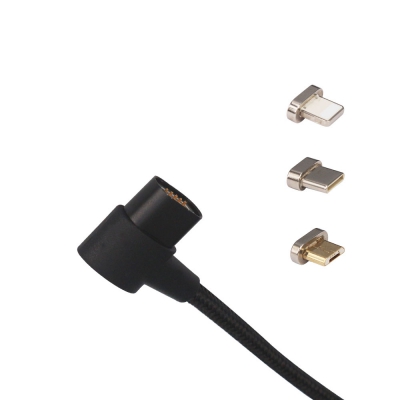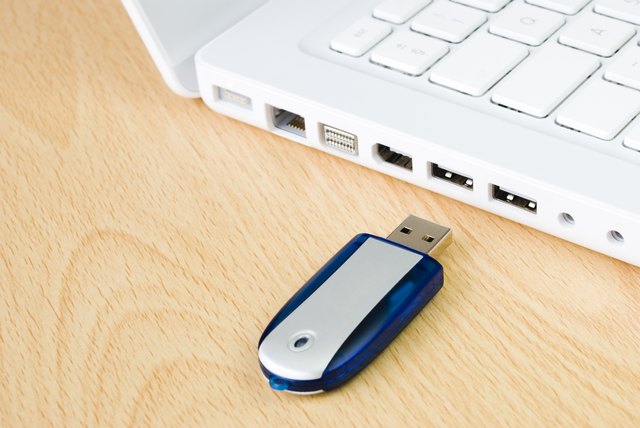What Does Usb-c In Dev
As all of you can tell from the title, I need help understanding how to communicate to a USB port. Basically I need to send some bits to a usb micro controller and to do so I need to understand how you do it in C for both a Windows and Linux computers. I'm going to be creating my own interface (still figuring that out) which basically works by having the micro controller send out a signal so I can figure out what port it's on and from then on I just start sending the bits to it.
So here's a breakdown of what I need to know.
1. When the data exits the port to the device, will it have the port address with it when the device reads in the data?
2. I'm going to be working with Ubuntu and Win XP, what things will I need to utilize from the OS?
3. Would you recommend a better way to interface to USB?
4. Do I have to repeatedly send a signal when trying to find which usb port the device is on?
A USB port is a standard cable connection interface for personal computers and consumer electronics devices. USB stands for Universal Serial Bus, an industry standard for short-distance digital data communications. USB ports allow USB devices to be connected to each other with and transfer digital data over USB cables.
As you can tell I'm kind of jumping into this without know what I'm getting myself into. I'm open to any suggestions (other than giving up).
Quickly charge and sync your USB-C devices simultaneously with this convenient cable. Its reversible connector allows for easy insertion the first time, every time, and it supports up to 3A of power output for powering and charging USB-C devices. Sep 04, 2018 USB Type-C in a Glance Shutterstock Of course, more than anything, the new design gives a much needed relief to users who needed different type of cables for different devices. A mini USB cable. Apr 03, 2020 With the right data standard (see below), USB-C is much faster and more versatile than USB-A. In time, you can expect USB-C connections to replace all older USB-A. The Universal Serial Bus is a network of attachments connected to the host computer. These attachments come in two types known as Functions and Hubs. Functions are the peripherals such as mice, printers, etc. Hubs basically act like a double adapter does on a power-point, converting one socket, called a port, into multiple ports. USB-Micro Connectors. USB-Micro is a fairly recent addition to the USB connector family. As with USB-Mini, the primary concern is size reduction, but USB-Micro adds a fifth pin for low-speed signalling, allowing it to be used in USB-OTG (On-the-go) applications where a device may want to operate as either a host or a peripheral depending on circumstances. USB (Universal Serial Bus) refers to any device that can store data in flash memory with a USB integrated interface. A USB drive is also known as USB Key, USB stick, USB flash drive and other names. USB drives are quite small in size and most weigh less than 35 gram. USB connections are denoted with a certain symbol around the connector and port.
- 6 Contributors
- forum 12 Replies
- 6,748 Views
- 6 Years Discussion Span
- commentLatest Postby omarcharolinLatest Post
Paul.Esson53

You may have to write a driver for the USB device or uterlize it as a communications port as say you do with usb serial adapters or things like that.
The windows device foundation SDK has methods for dealing with USB devices ( and also quite possable some sample code. ) Documentation can be found here.
The windows device foundation also allows you to write a usermode driver, if you don't want to risk crashing windows :P.
A USB Charger is a funny thing. You have about 10 of them in a drawer at home, but maybe only one of them really charges your device properly. And chances are, that particular one is at the back of the sofa or under your bed, never to be seen again.
Since USB Type-C charging has been implemented on the latest phones and devices, the problem has got even worse. Different chargers operate at different voltages and offer different wattage. Worse, brands aren’t displaying this information in consistent, easily-identifiable ways.
The USB Implementers Forum (USB-IF) know this worldwide pain. They have announced a Certified USB Charger Compliance and Logo Program to offer USB chargers for compliant USB Type-C devices. This means that based upon the USB Type-C and USB Power Delivery specifications, Certified USB Chargers will display a new logo identifying the power capability in watts.
“USB-IF understands consumers want to carry less equipment without sacrificing battery life or flexibility,” said Jeff Ravencraft, USB-IF President and COO. “Guided by the USB brand promise of ‘it just works’, the Certified USB Charger Program will make it easier to share device chargers across the compliant USB Type-C landscape, whether consumers are at home, in the office or anywhere in between.”
Guided by the USB brand promise of ‘it just works’, the Certified USB Charger Program will make it easier to share device chargers across the compliant USB Type-C landscape
Usb C Extension Cable
Compliance certification for USB devices is not new. However, the focus on USB Type-C chargers comes at a perfect time, considering various issues with USB Type-C cables. USB Type-C cables can go up to 20V and offer up to 100W of energy. This means that if the cable or the device is incorrectly configured, there is a danger of damage to the device. Hence, the need for standardization and compliance. With a certification, any future risks should be minimal.
As the USB-IF notes, non-compliant chargers, whether USB or otherwise, pose a hazardous risk to all of our devices. Some of us have been unfortunate enough to kill our devices thanks to faulty cables. Almost all of us have plugged in a bad cable and realised later that the device did not charge properly. Hopefully this will encourage companies to get their devices tested according to the USB-IF standards.
Usb C Ethernet Macbook

Ai suite auto tuning. Do you have USB Type-C devices? Do you take care about compliance when you look to buy extra chargers? Let us know your take in the comments section below.